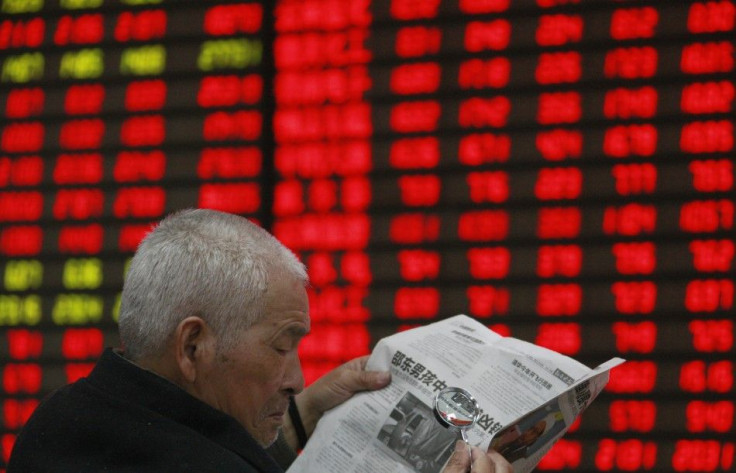Asian Markets Plunge As Coalition Talks Fail In Greece

Asian markets fell Wednesday as political parties in Greece failed to form a coalition government, raising concern that the country may have to exit the euro zone.
Japan's Nikkei Stock Average lost 1.12 percent, or 99.57 points, to 8801.17. South Korea's KOSPI fell 3.08 percent, or 58.43 points, to 1840.53. Chinese Shanghai composite index dropped 1.21 percent or 28.65 points to 2346.19 and Hong Kong's Hang Seng declined 3.21 percent, or 638.90 points, to 19255.41. India’s BSE SENSEX slumped 1.98 percent, or 323.43 points, to 16004.82.
Market sentiment continued to be negative as chances of fresh elections in Greece were confirmed Tuesday due to coalition talks being finally abandoned. Concern that parties opposing austerity measures will gain majority in the re-election in June has intensified. This will mean that Greece will not receive the bailout package, which will cause its banking system to collapse, leading to its exit from the euro zone.
There are already indications of banks in Greece being in trouble. The dependence of Greek banks on European Central Bank to meet their funding requirements intensified with depositors withdrawing 700 million euros ($891 million) recently. There is a rush among depositors to transfer their money to overseas markets with Greece facing a severe chaotic situation, both on the political as well as financial fronts.
There will be a meeting Wednesday to form a caretaker government in Greece to cover day-to-day decisions ahead of new elections.
Adding to the woe of the debt crisis looming over the euro zone is the unhealthy predicament of Spain's banking sector. Potentially large fiscal risks have been created from the Spanish banks' exposure to the ailing property and construction sector.
Spain's economic and financial challenges have been aggravated by large capital outflows, which intensified in the early months of 2012. If this sudden reversal of international capital flows is not arrested, it could pose a serious threat to the country's economic and financial stability.
Another factor that dragged down Asian market sentiment was the report that Japan’s machinery orders fell 2.8 percent in March compared to the previous month, indicating that weak global economy was affecting capital spending.
© Copyright IBTimes 2025. All rights reserved.





















